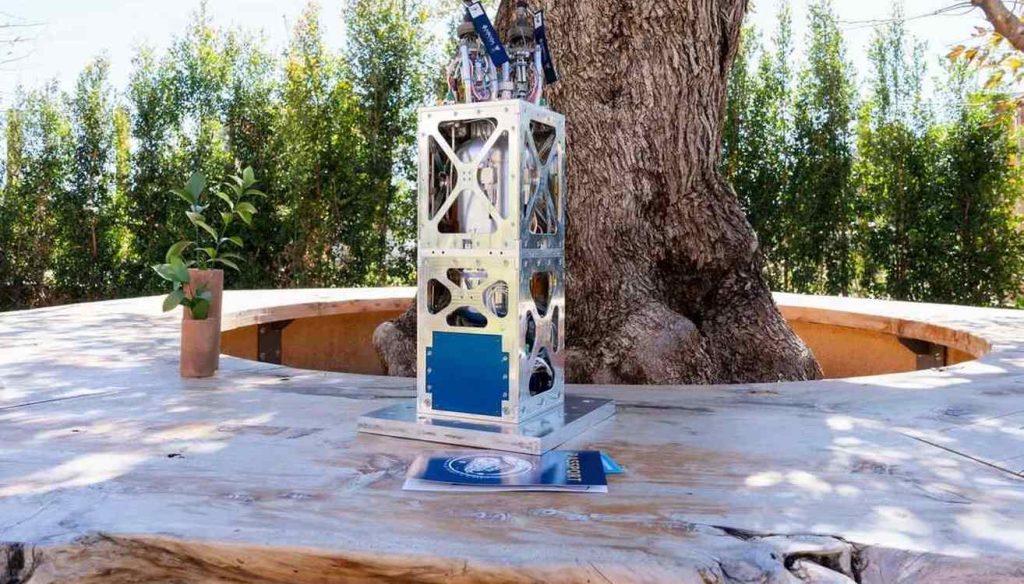This story shines a light on innovation and sustainability in space exploration. By replacing a harmful propellant with a greener alternative, a small startup is paving the way for a safer and more cost-effective future in aerospace technology—an inspiring reminder that big changes can come from unexpected places.
In a remarkable leap for sustainable technology, a Spanish startup, Arkadia Space, has successfully tested a revolutionary thruster system designed for spacecraft, making headlines with its eco-friendly approach. In early June, this innovative technology powered an ION spacecraft during a significant test, demonstrating both its efficiency and safety.
The thruster, known as the DARK propulsion system, operates using hydrogen peroxide—an alternative propellant that stands in stark contrast to the widely used and toxic hydrazine. According to the press release, the DARK system produced an impressive 5 newtons of thrust through thousands of quick, precise firings, as well as longer bursts lasting over five seconds.
Francho Garcia, the co-founder and CEO of Arkadia Space, expressed his excitement, stating that the thruster’s performance in space exceeded their expectations. “What we have found is that it is exactly the same as the ground data,” he said, radiating pride in their achievement.
Cost-effectiveness is another highlight of this breakthrough. Launched aboard SpaceX’s Transporter-13 mission from Vandenberg Space Force Base, the thruster showcased remarkable economic potential. A study from Purdue School of Aeronautics revealed that hydrogen peroxide costs approximately $10.36 per kilogram, significantly lower than hydrazine, which can climb to around $75.8 per kilogram.
Moreover, the handling of hydrogen peroxide requires minimal protective gear, only necessitating basic precautions, while hydrazine requires complete hazmat suits due to its toxic nature. Former US Air Force technician Anthony Urankar shared his experience with hydrazine’s dangers, noting the extensive cleanup and health screenings necessitated after even minor exposures.
Garcia pointed out that many companies are now looking for sustainable propellant options, especially as leading firms, like SpaceX, increasingly prioritize “green” technologies aboard their launches. This shift is not just economically motivated; it’s also about keeping our planet— and those who work in aerospace—much safer.
Looking forward, Arkadia Space is exploring possibilities to scale their technology for use in larger launch and re-entry vehicles. Garcia confidently mentioned, “We believe that with the data that we have, we should have no problems signing the first customers.” Their vision fuels hope for a brighter, cleaner future in space exploration.
SHARE this incredible achievement in eco-friendly space technology with your friends!
If you would like to see similar good news stories click here & Share this to brighten someone’s day.




